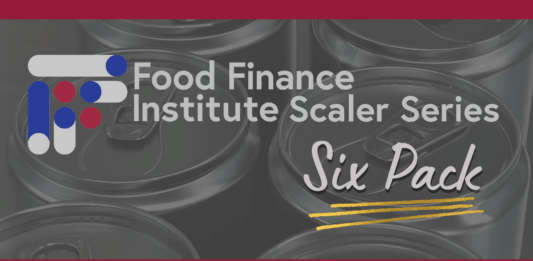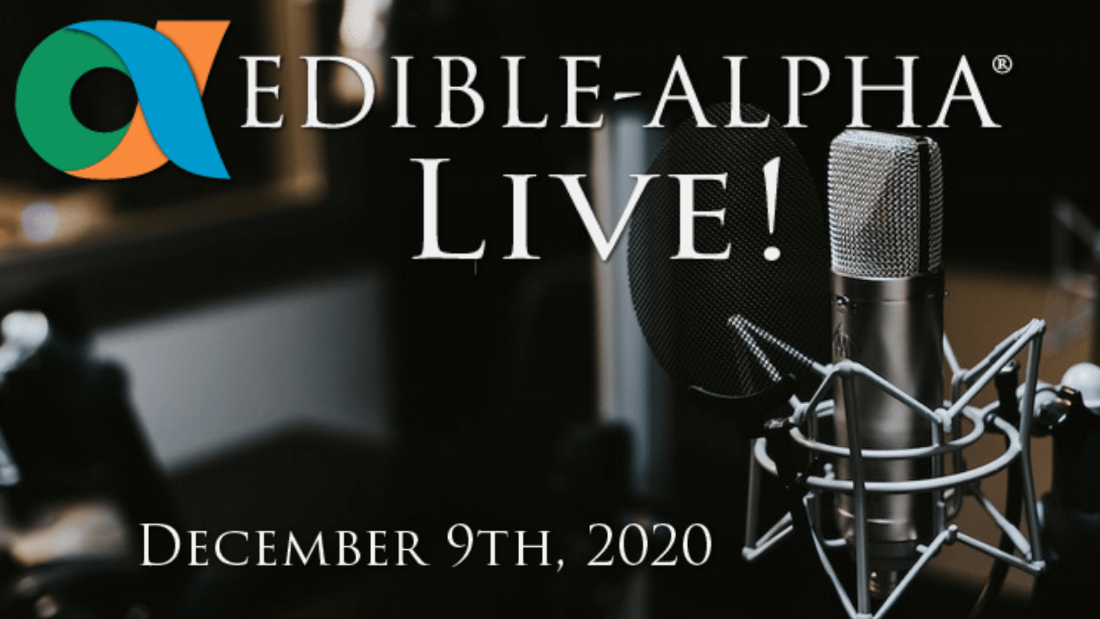Every food and farm business has a story to tell, whether about the genesis of the company, the mission driving it, its unique product offerings or all of the above. And in these chaotic times, people want to hear those stories! They crave authenticity, connection and values alignment, especially from the brands and businesses that produce their food.
Perhaps more now than ever, consumers care where their food dollars go—and for many Americans, those dollars are in shorter supply than just a year ago. More so than the cheapest price, they desire good value. Also, they understand that their purchasing choices can either support causes they care about, such as arresting climate change or increasing access to nutritious foods, or work against them, so they buy more mindfully.
Although marketing experts have been preaching the merits of storytelling for years, given these factors, it is exceedingly important for food and farm businesses to revisit and refine the stories behind their brand and business now.
Our most recent Edible-Alpha® podcast guests excel at storytelling. In fact, ask Amy Dawson and Mike Costello about their roles as co-founders of Lost Creek Farm, and right up there with farmer, chef and baker, they’ll mention storyteller.
The couple is committed to sharing the stories and people behind the dishes they create with heirloom ingredients from their farm. But they also openly share the story of their business—its history, evolution and end goals. Amy and Mike started by branding themselves as Lost Creek Farm long before the farm was ready to produce food. And now, even though the farmstead is still a work in progress, they invite guests in for unique and authentic experiences. They also deliver virtual experiences, you can join one by being a part of a Lost Creek Farm Story Telling event at our Edible-Alpha® Live! Kickoff event on December 8th!
Storytelling is equally important for food and farm brands, as they need to capture consumers’ attention amongst a dizzying array of food products and choices. But as any entrepreneur who has designed packaging for retail knows, this can be challenging to do because there is so much information to share in very little space. Along with introducing the brand name and product, companies want to convey their mission, values and key product attributes and, in some cases, educate consumers. It’s like trying to tell an entire fascinating story on the back of a postcard.
This is why having a dynamic brand website is so important, especially for brands that sell at retail or farmers markets. Websites, bolstered by a strong social media presence, allow brands to tell their stories more completely and fill in the gaps left on packaging.
But now, with much food buying migrating to e-commerce, food businesses have even greater opportunities to share their narratives free from traditional space constraints. Knowing that consumers are spending more time on screens, browsing online like they used to in grocery stores, food brands that successfully weave their values and unique brand propositions into compelling, honest, inspiring narratives can capture audiences eager to connect.
FREE Guidance For Growing Food Businesses

The 2020-2021 FFI Scaler Series gives food and farm entrepreneurs the tools to grow their businesses, one workshop at a time. Kicking off with the Financial & Accounting Processes session November 10, this series will cover key aspects of scaling up successfully. Sign up for individual workshops or register for all six—FREE thanks to funding from the Small Business Administration. Save your spot now!
Register Today!

Edible-Alpha® Live will feature live interviews and business presentations curated to show the power and potential of impact investing in food and ag. Join us for a Kickoff event on December 8th featuring Lost Creek Farm.
And now, our roundup of the best food and beverage finance news, events and resources from around the web…

Business Model Insights
- America has an election choice to make—and so do brands (New Hope Network) In an already divided nation facing an even more divisive election, brands and retailers must carefully consider how or whether to take part.
- Five strategies to minimize growing pains while scaling a business (FoodNavigator-USA)
- COVID-19 has flipped the value proposition of omnichannel shopping for constrained consumers (Nielsen Insights)

Raising Capital
- Why should we invest in you? (The Intertwine Group) “Most founders talk about their products, the market, their use of funds. All of which are important and rightfully part of a good presentation. But they don’t answer the fundamental question of why they represent the very best investment option.”
- 6 tips to craft an investor pitch that rocks (New Hope Network)
- Can Crowdfunding Help Save American Small Businesses? (Forbes)
CPG/National Brands
- Whole Foods Is Left Behind in Amazon’s Pandemic-Fueled Boom (Bloomberg) Even as the rest of the grocery industry prospers, foot traffic at the upscale chain fell an estimated 25% in September over the previous year.
- Nearly 200 of the world’s biggest food suppliers pledge to halve their food waste (The Washington Post)
- Patagonia Provisions: ‘In business to save our home planet’ (New Hope Network)

Market Trends
- Is coronavirus accelerating the growth of plant-based meat? (Food Dive) Sales for the category have exploded as the pandemic disrupts business as usual. Is this because people are turning away from animal-based eating, or is it keeping with the segment’s trends?
- ‘Like we’re going into quarantine’: Americans plan to stockpile food this fall over fears of COVID-19 surge, election unrest (USA Today)
- The Evolution of Instagram and Its Impact on Food Culture (Forbes)

Farming and AgTech
- Does Overselling Regenerative Ag’s Climate Benefits Undercut its Potential? (Civil Eats) A new white paper from the Rodale Institute and the Carbon Underground says that regenerative practices, if adopted around the world, could sequester all annual carbon dioxide emissions. Critics warn the scientific data doesn’t support these claims, which may oversell the benefits.
- Study: U.S. commodity farmers imperil biodiversity for ever-lower yields (Fern’s Ag Insider)
- Forager wants to help local food digitalize by connecting farmers and buyers (AgFunder News)

Deals/M&A
- Ranchers Form Co-Op to Address Meat Processing Bottleneck (Civil Eats) Facing an absence of local slaughterhouses, the Bay Area Ranchers Cooperative is creating an alternative approach—one that will benefit their animals and communities.
- Driscoll’s partners with Plenty to grow strawberries indoors (Food Dive)
- Nestlé joins US dairy industry’s goal to hit net zero carbon emissions by 2050 (Food Dive)

Virtual Events
- Edible-Alpha® Monthly Consultant Huddle: 11/02 at 1 p.m. CDT
- Spark Change Organic & Regenerative Agriculture Community Event: 10/28
- Edible-Alpha®: Building a Valuable Food Brand: 10/29
- PACK EXPO Connects: 11/9–11/13
- FFI Scaler Series: Financial & Accounting Processes Workshop: 11/10
- Spark Celebration: 11/10–11/11
- Digital Food & Beverage Connect Virtual Event:11/16 –11/17
- Edible-Alpha® Live! Kickoff Event: 12/8
- Edible-Alpha® Live!: 12/9

